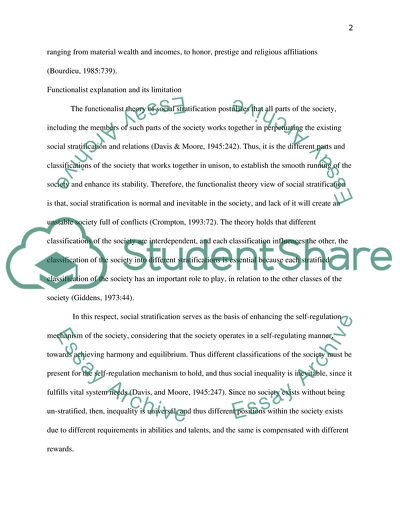Cite this document
(Is the functionalist or conflict theory explanation of social Essay, n.d.)
Is the functionalist or conflict theory explanation of social Essay. https://studentshare.org/sociology/1814839-is-the-functionalist-or-conflict-theory-explanation-of-social-stratification-more-convincing
Is the functionalist or conflict theory explanation of social Essay. https://studentshare.org/sociology/1814839-is-the-functionalist-or-conflict-theory-explanation-of-social-stratification-more-convincing
(Is the Functionalist or Conflict Theory Explanation of Social Essay)
Is the Functionalist or Conflict Theory Explanation of Social Essay. https://studentshare.org/sociology/1814839-is-the-functionalist-or-conflict-theory-explanation-of-social-stratification-more-convincing.
Is the Functionalist or Conflict Theory Explanation of Social Essay. https://studentshare.org/sociology/1814839-is-the-functionalist-or-conflict-theory-explanation-of-social-stratification-more-convincing.
“Is the Functionalist or Conflict Theory Explanation of Social Essay”. https://studentshare.org/sociology/1814839-is-the-functionalist-or-conflict-theory-explanation-of-social-stratification-more-convincing.


